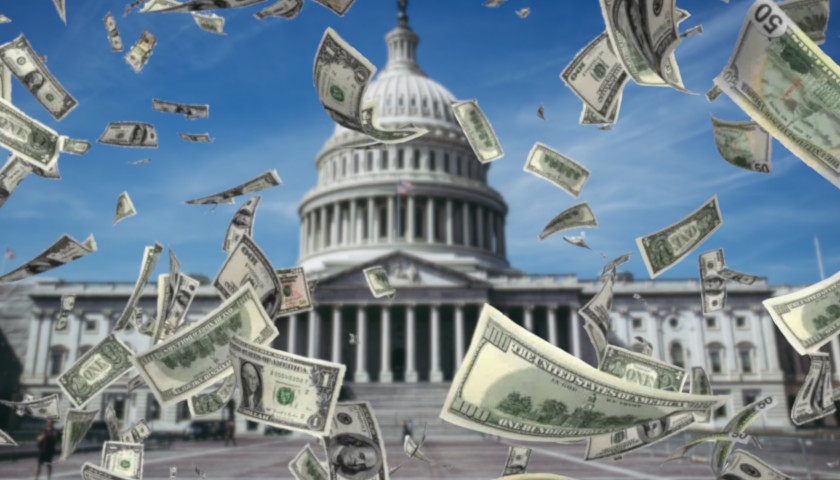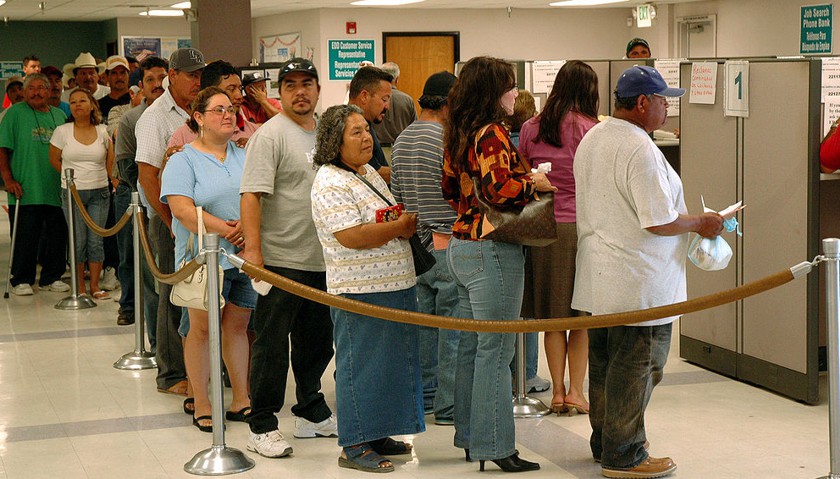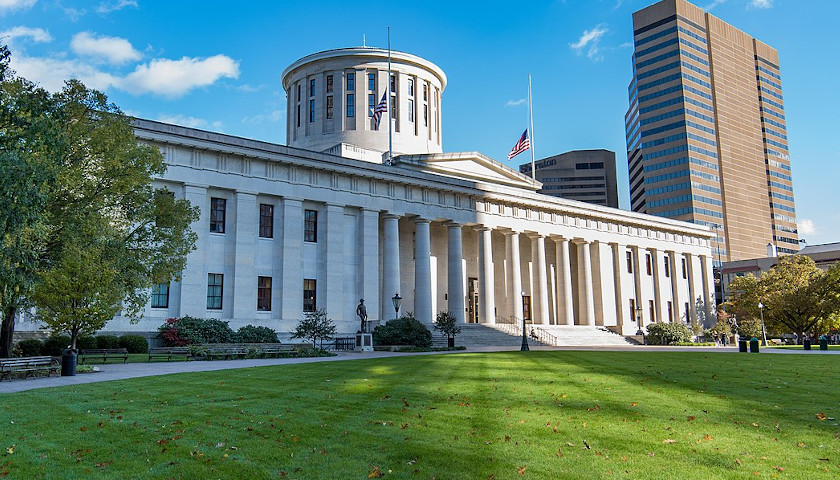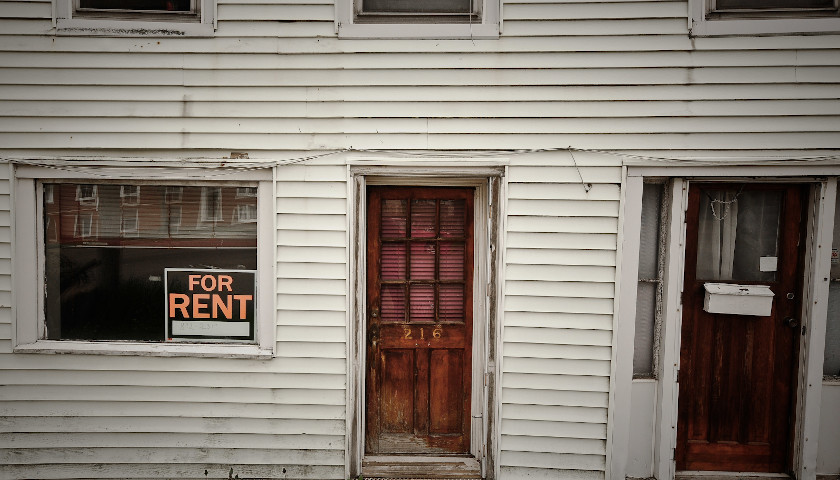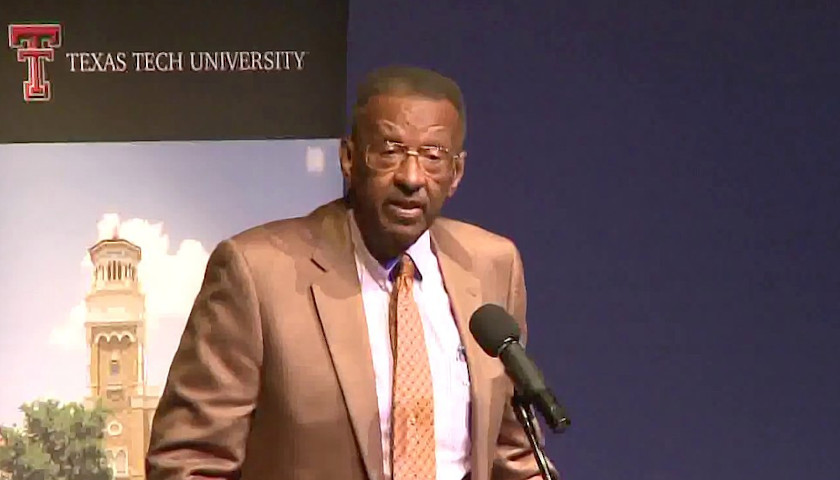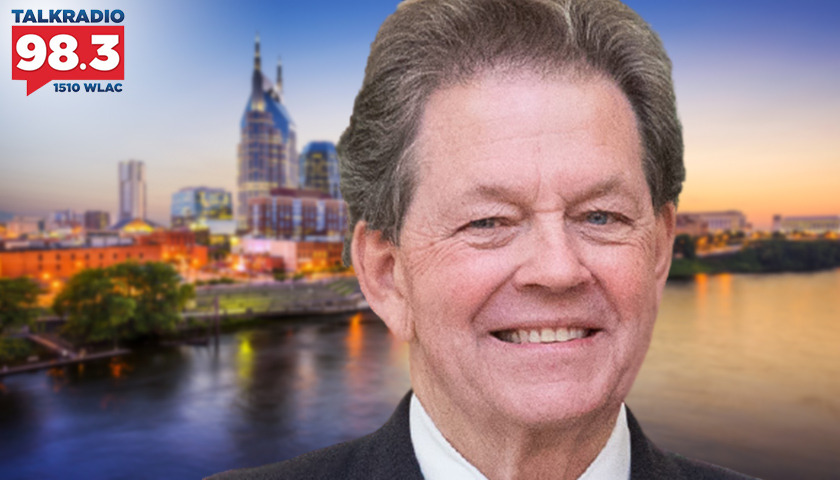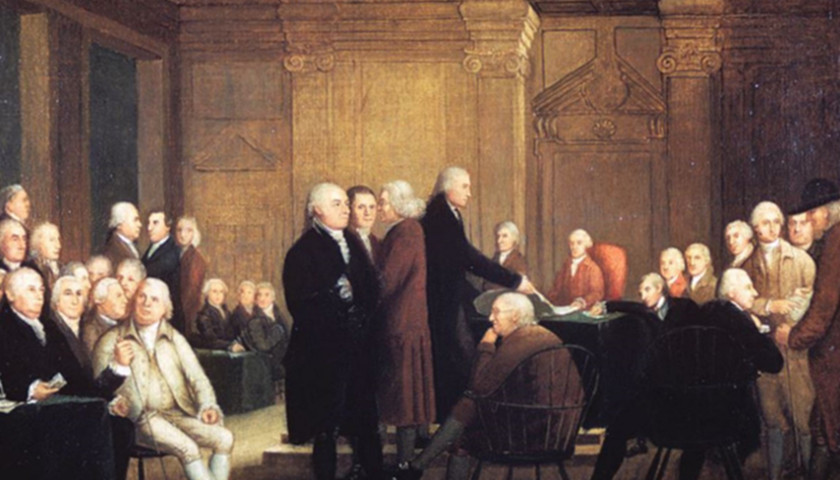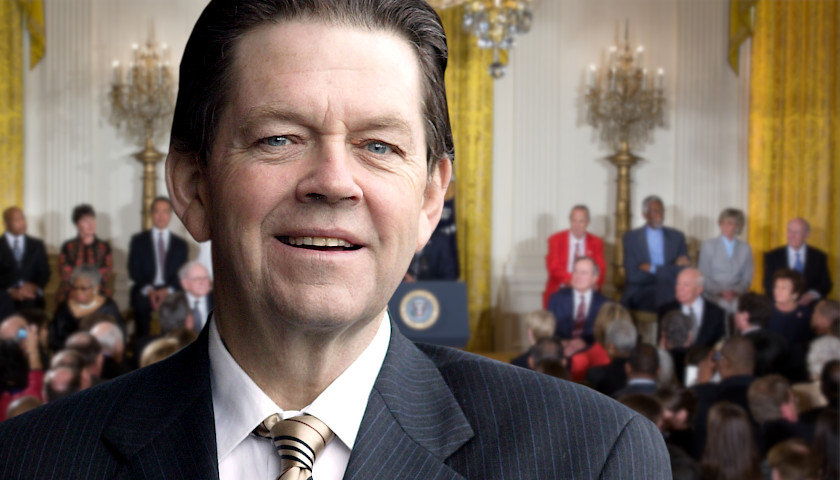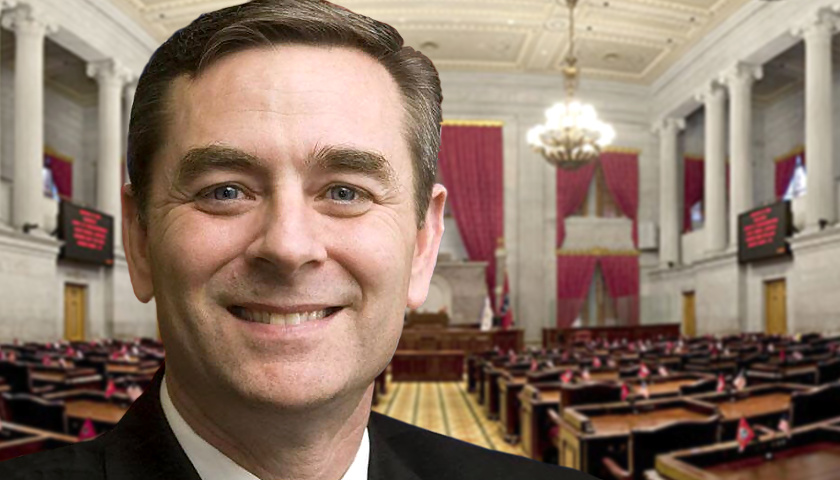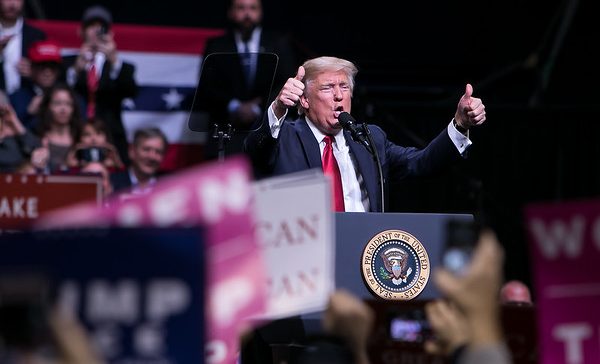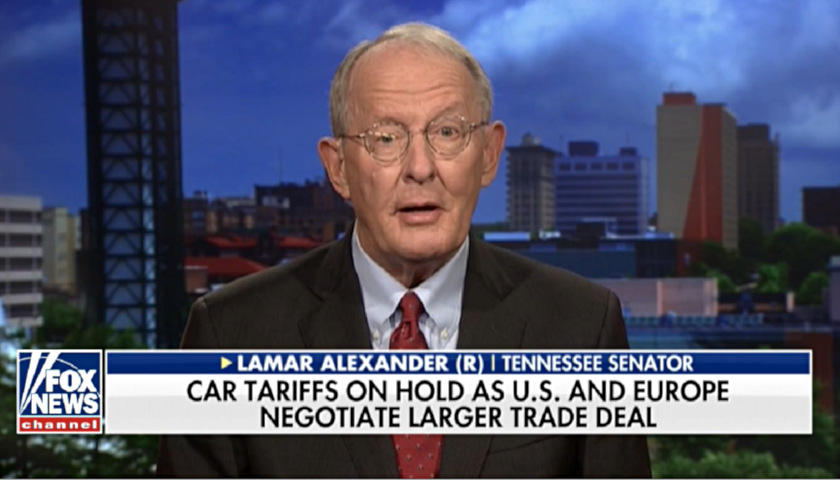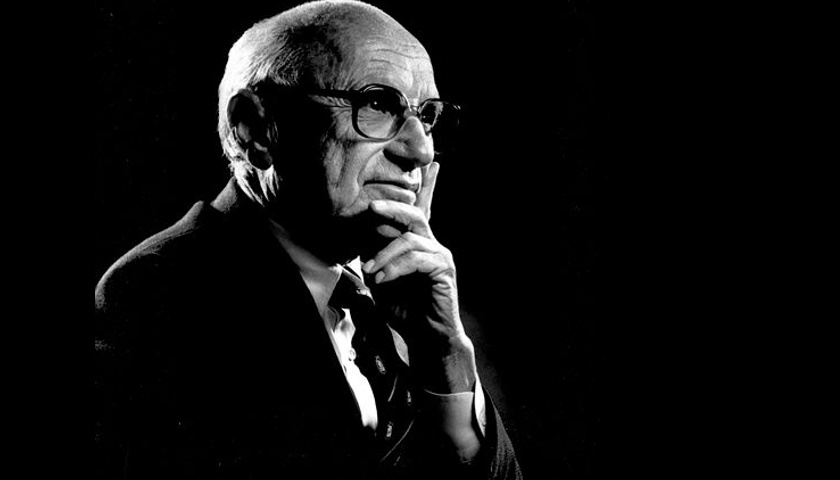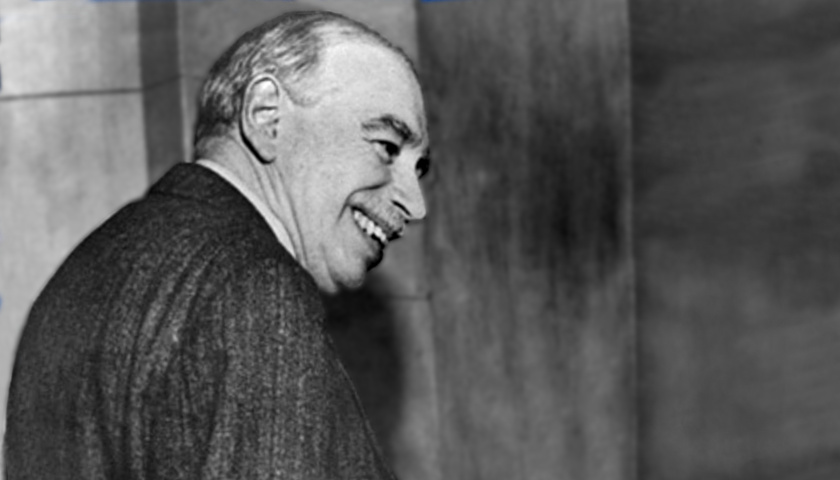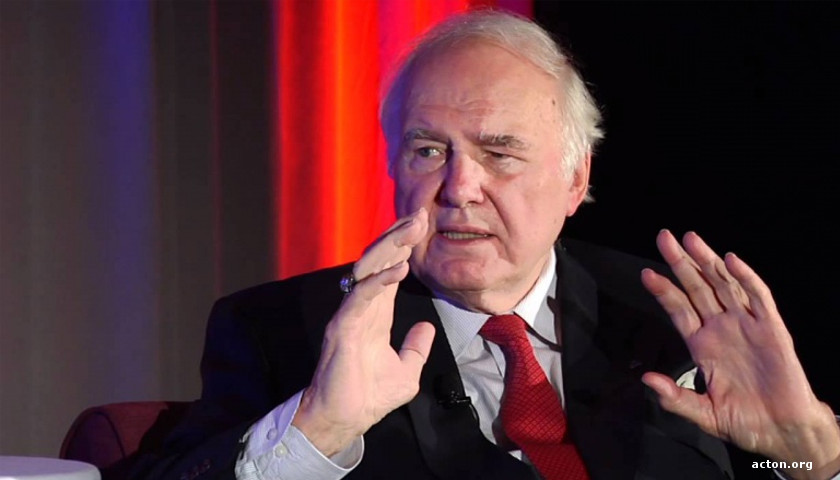Media giant Gannett has compiled a list of what it says are the 50 worst cities to live in, and some of the top locations are towns where it operates newspapers, including two in Tennessee. USA TODAY compiled the list using data from 24/7 Wall Street, a website that publishes financial news and opinion. 24/7 Wall Street created an index of eight categories: crime, economy, education, environment, health, housing, infrastructure and leisure, to identify the 50 cities. Memphis comes in as the 4th worst city in which to live, just ahead of Cleveland, Ohio, at 5th worst. The 36th worst is Knoxville. Gannett owns The Knoxville News-Sentinel and The Commercial Appeal in Memphis. Nashville, home of The Tennessean, did not make the list. USA TODAY admits that quality of life is a subjective measure. “Quality of life is subjective, and difficult to measure,” Gannett’s story says. “Still, there is a wide range of quantifiable factors that can impact quality of life in a given area. Affordability, safety, job market strength, quality of education, infrastructure, average commute times, air quality, and the presence of cultural attractions are just a few examples of factors that can influence overall quality of life. “Cities…
Read the full story

